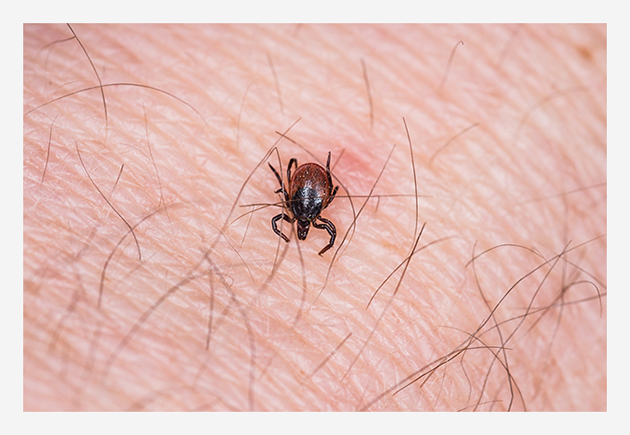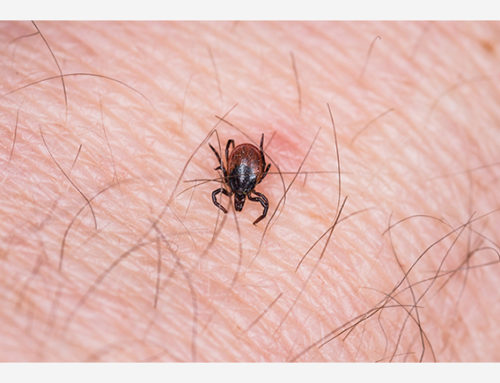2019 is predicted to be the worst in years
We are heading into the worst tick season in recent history, due in large part to the mild winter we had. Health and insect experts are saying it’s a perfect storm of conditions that will create a tick population explosion. In addition to the mild winter, the lack of acorns is to blame. As you know, ticks carry tick-borne disease like Lyme disease.
The mild winter allowed ticks to thrive and emerge earlier than they usually do. As for the lack of acorns, when oak trees produce a huge acorn crop (such as it did back in 2010), a dramatic rise in the white-footed mouse population occurs in the following years. That means the blacklegged deer tick population also rises, due to the fact that ticks have lots of mice to feed on.
With fewer acorns to feast on this year, though, there won’t be as many mice, which means ticks will be looking to feast on some other blood meal – humans.
Tick Locations
Ticks are found all over the Northeast but a new study has revealed the states with the highest risk of contracting Lyme disease. States from Maine to Virginia, as well as those in the upper Midwest and a small part of Illinois are all listed as high-risk regions. Each year, 30,000 cases of Lyme disease are reported to CDC by state health departments.
In 2010, the latest year reported, 94 percent of the reports came from 12 states: Connecticut, Delaware, Maine, Maryland, Massachusetts, Minnesota, New Jersey, New Hampshire, New York, Pennsylvania, Virginia and Wisconsin. Amazingly, the CDC says Lyme disease is the most commonly reported vector-borne illness in the United States.
Tick Prevention Tips
Ticks are most prevalent in tall grass and wooded areas where large animals, such as deer, live. If you go hiking, take extra precaution. Wear long sleeves and pants, and always check your skin for ticks later. Tuck pant legs into socks, use a tick repellant containing DEET, and use clothing and camping gear treated with permethrin.
A thorough tick check is imperative when you get home and take a shower. If you spot one, remove it with a slow, steady pull so the mouthparts don’t stay imbedded in the skin. Wash your hands and the bite site with soap and water. Flush ticks down the toilet or wrap them in tissue before throwing away. If you think you’ve been bitten by a tick, go to the doctor as soon as you can. If the removed tick is engorged, place it in a baggie and bring it with you for testing.
Contact Cavanaugh’s Professional Termite and Pest Services
Suspect a tick infestation in your yard? Contact us today for an appointment. We have extensive experience with tick pest control.



